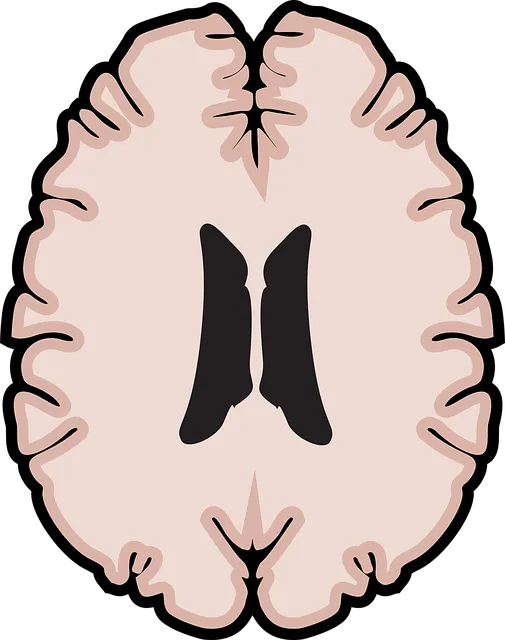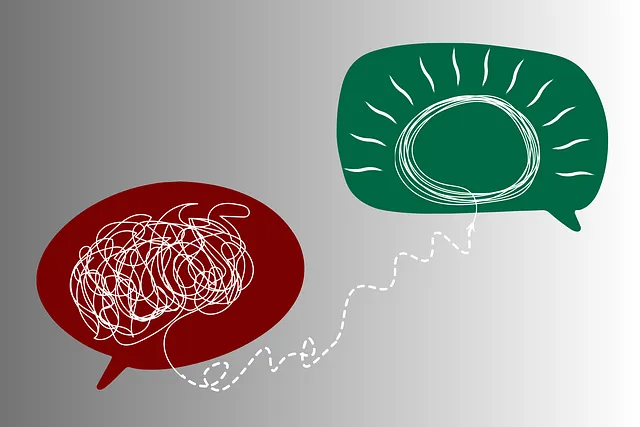The Centennial Kaiser Permanente mental health coverage offers a comprehensive approach to mental wellness, emphasizing positive thinking exercises like affirmations and gratitude journaling. These evidence-based practices, including self-awareness exercises, stress management workshops, and cultural competency training, have been linked to improved mood, reduced stress, better problem-solving skills, and enhanced resilience against conditions like anxiety and depression. By integrating these strategies into daily routines, individuals can experience long-term benefits for their mental well-being.
“Unleash your mind’s potential through the power of positive thinking! This comprehensive guide explores how a simple yet transformative exercise can significantly impact your mental well-being, drawing insights from the pioneering Centennial Kaiser Permanente mental health coverage.
From understanding the science behind it to discovering practical ways to integrate these exercises into daily life, we’ll navigate strategies that foster resilience and promote long-term mental health. Embrace a positive mindset and unlock a healthier, happier you.”
- Understanding Positive Thinking and Its Impact on Mental Well-being
- The Centennial Kaiser Permanente Mental Health Coverage: A Comprehensive Overview
- Integrating Positive Thinking Exercises into Daily Routines
- Benefits of Regular Practice for Improved Mental Health
- Strategies to Sustain Positive Thinking Long-term
Understanding Positive Thinking and Its Impact on Mental Well-being

Positive thinking is a powerful tool that can significantly influence one’s mental well-being. It involves a conscious shift towards optimism and gratitude, focusing on the positive aspects of life rather than dwelling on negative thoughts. This simple yet profound practice has been recognized as an effective strategy to enhance overall happiness and reduce stress. By cultivating positive thoughts, individuals can improve their emotional resilience and better navigate challenging situations, leading to improved mental health.
At Centennial Kaiser Permanente, our mental health coverage is designed to support individuals in embracing positive thinking exercises. We understand that these practices are not just fleeting trends but evidence-based approaches that can bring about lasting changes. Regular engagement with positive thinking techniques, such as affirmations and reframing, has been linked to increased life satisfaction, enhanced problem-solving skills, and improved coping mechanisms. Moreover, it plays a crucial role in managing conditions like anxiety and depression, offering an alternative approach alongside traditional therapies and supporting a comprehensive risk assessment for mental health professionals.
The Centennial Kaiser Permanente Mental Health Coverage: A Comprehensive Overview

The Centennial Kaiser Permanente Mental Health Coverage offers a comprehensive suite of services designed to support individuals in managing their mental well-being. This program is an integral part of the organization’s commitment to promoting holistic healthcare, ensuring that mind and body are equally nurtured. Through a combination of specialized therapy sessions, counseling, and educational resources, the coverage caters to diverse mental health needs.
One notable aspect is its focus on proactive measures such as Stress Management Workshops, which empower individuals with tools to cope with daily stressors. Additionally, the Healthcare Provider Cultural Competency Training programs aim to bridge gaps in care by enhancing understanding of diverse cultural perspectives, leading to more inclusive and effective treatment approaches. Furthermore, Self-Awareness Exercises are incorporated into the coverage, encouraging individuals to develop a deeper connection with their thoughts and emotions, thereby fostering resilience and overall mental agility.
Integrating Positive Thinking Exercises into Daily Routines

Incorporating positive thinking exercises into your daily routine can be a game-changer for mental well-being. Start by dedicating just a few minutes each day to practices like gratitude journaling, where you reflect on and appreciate the positive aspects of your life. This simple act has been shown to enhance mood and promote a sense of contentment, ultimately serving as an effective depression prevention strategy. Whether it’s noting the warmth of the morning sun or expressing thanks for supportive relationships, making these reflections a habit can significantly influence your outlook.
For a confidence-boosting routine, consider incorporating affirmations into your morning routine. These are positive statements about yourself and your abilities, repeated to reinforce a positive mindset. Research indicates that regularly reciting affirmations can help individuals overcome negative thought patterns, fostering a more optimistic perspective. By combining these practices with the comprehensive mental health coverage offered by Centennial Kaiser Permanente, you’re equipping yourself with powerful tools for managing stress, anxiety, and even preventing relapses into depression.
Benefits of Regular Practice for Improved Mental Health

Regular practice of positive thinking exercises can significantly improve mental health, as supported by extensive research and services provided by organizations like Centennial Kaiser Permanente. The Mental Wellness Journaling Exercise Guidance encourages individuals to reflect on their thoughts and replace negative narratives with more constructive ones. This simple yet powerful technique has been shown to reduce stress, anxiety, and depression while enhancing overall emotional well-being promotion techniques. By cultivating a positive mindset, people can better navigate life’s challenges and promote emotional intelligence, enabling them to understand and manage their emotions effectively.
Over time, consistent engagement in such exercises can lead to substantial changes in brain chemistry, strengthening neural pathways associated with happiness and optimism. This not only improves one’s current mental state but also builds resilience against future setbacks. Moreover, the Emotional Intelligence developed through these practices helps individuals foster healthier relationships and make more thoughtful decisions, ultimately contributing to a higher quality of life.
Strategies to Sustain Positive Thinking Long-term

Sustaining positive thinking long-term requires a multi-faceted approach that goes beyond mere optimism. At Kaiser Permanente, our comprehensive mental health coverage emphasizes the importance of proactive strategies to maintain and enhance well-being. One effective method is regular practice of self-awareness exercises, such as meditation or journaling, which help individuals cultivate gratitude, reflect on personal strengths, and better understand their thoughts and emotions. These practices can be integrated into daily routines, ensuring that moments of reflection become as habitual as brushing one’s teeth.
Additionally, ongoing healthcare provider cultural competency training plays a pivotal role in fostering supportive environments. By understanding the impact of cultural contexts on mental health, providers can offer tailored interventions and support, encouraging open conversations about challenges like depression prevention. This holistic approach, combining personal practices with culturally sensitive care, paves the way for lasting positive thinking and improved overall mental well-being, as evidenced by Kaiser Permanente’s commitment to comprehensive mental health services.
Implementing positive thinking exercises, as supported by the extensive research and comprehensive insights from the Centennial Kaiser Permanente mental health coverage, can significantly enhance one’s mental well-being. By integrating these practices into daily routines, individuals can harness the power of optimism to reduce stress, improve resilience, and foster a deeper sense of fulfillment. Sustaining positive thinking long-term requires a commitment to consistent practice and an appreciation for the transformative potential within each individual.






